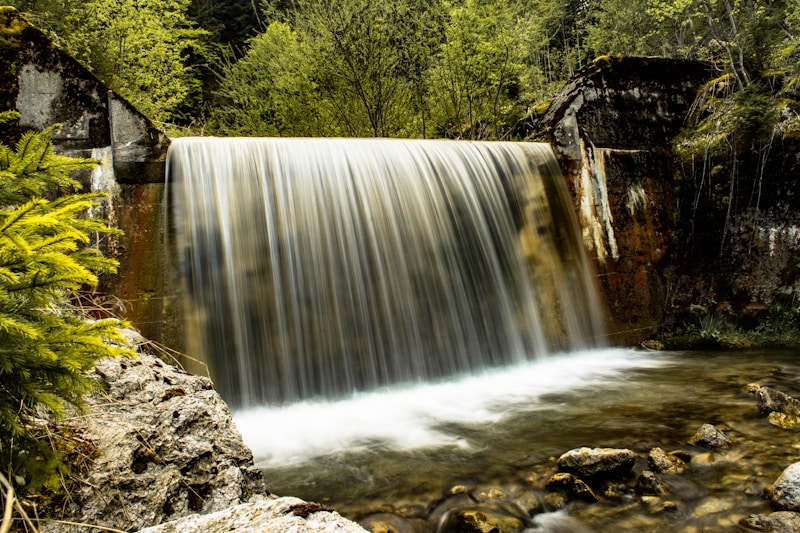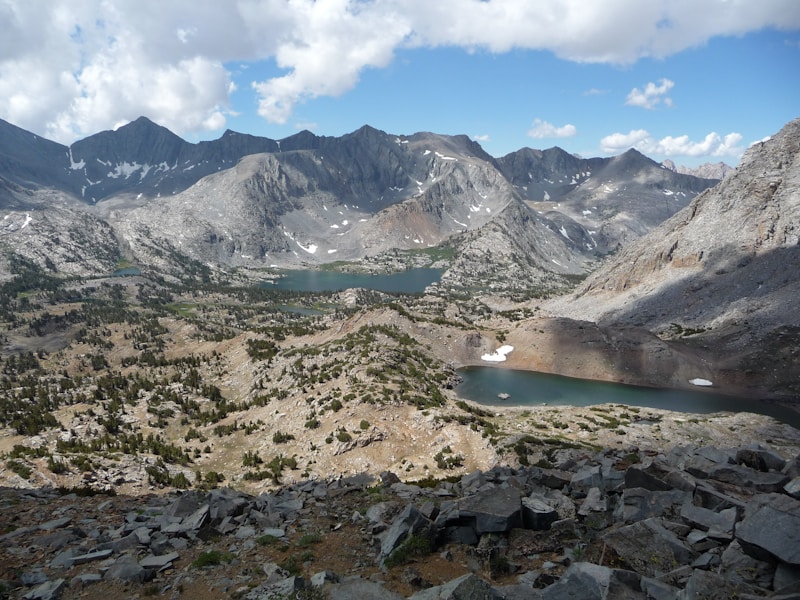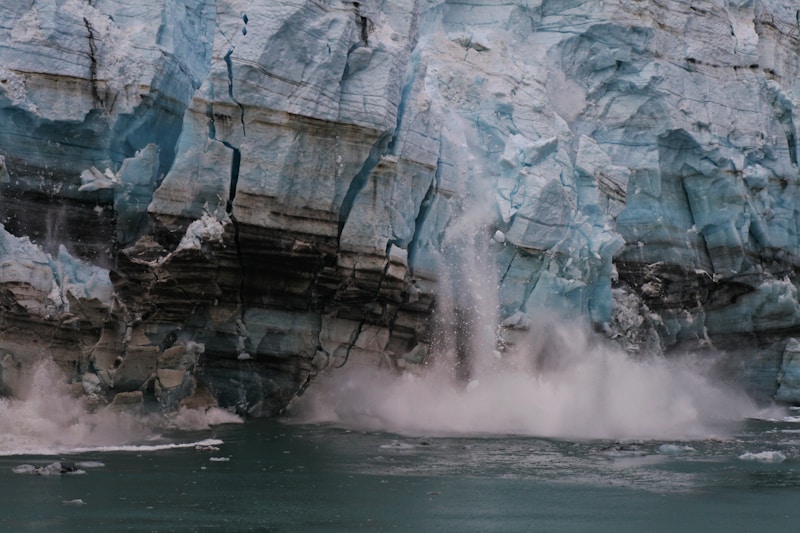Questions and Answers
What is physical geography also known as?
geomorphology
What does climatology study?
climate, including temperature, precipitation, and weather patterns
What is hydrology the study of?
water, including its movement, distribution, and interactions with the Earth's surface
Name one field where geography has applications.
Signup and view all the answers
What can the study of physical geography help us understand?
Signup and view all the answers
What is human geography?
Signup and view all the answers
What does demography focus on in human geography?
Signup and view all the answers
What is the focus of economic geography?
Signup and view all the answers
What does cultural geography explore?
Signup and view all the answers
What does political geography investigate?
Signup and view all the answers
Study Notes
Geography: Understanding the World Around Us
Geography is the study of the Earth, its physical features, and the human aspects that shape its character. It involves the analysis of the environment, the study of human activities, and the ways in which people interact with their surroundings. This article will delve into the fascinating world of geography, focusing on the subtopics of human geography and the various aspects that make up this vibrant and complex field.
Human Geography
Human geography is a subfield of geography that deals with the study of human societies and their spatial relationships. It encompasses a wide range of subjects, including demography, economic geography, cultural geography, and political geography. Some key aspects of human geography include:
-
Demography: This branch of human geography focuses on the study of human population, including its size, distribution, and characteristics.
-
Economic Geography: Economic geography examines the spatial organization of economic activities, such as the location of businesses, industries, and markets.
-
Cultural Geography: Cultural geography explores the ways in which culture influences human settlement and land use patterns.
-
Political Geography: Political geography investigates the relationship between territory and the political organization of space, including the study of borders, political jurisdictions, and governmental systems.
Human geography provides valuable insights into the social, economic, and political processes that shape our world. By understanding these processes, we can better comprehend the complex relationships between people and their environments.
Physical Geography
Physical geography, also known as geomorphology, is the study of the Earth's physical features and processes, such as mountains, oceans, rivers, and weather patterns. It is concerned with the Earth's physical structure, the processes that shape it, and the various phenomena that occur on Earth. Some of the key aspects of physical geography include:
-
Climatology: This branch of physical geography deals with the study of climate, including temperature, precipitation, and weather patterns.
-
Geomorphology: Geomorphology is the study of the Earth's surface features and the processes that shape them, such as erosion, deposition, and tectonic activity.
-
Hydrology: Hydrology is the study of water, including its movement, distribution, and interactions with the Earth's surface.
-
Soil Science: Soil science is the study of soil, including its formation, properties, and the processes that shape it.
Physical geography helps us understand the natural world and the processes that shape it. By studying these processes, we can better comprehend the Earth's past, present, and future.
Applications of Geography
Geography has numerous applications in various fields, including urban planning, environmental management, and international relations. Some of the key applications of geography include:
-
Urban Planning: Geography plays a crucial role in urban planning, helping to create sustainable and livable cities.
-
Environmental Management: Geography helps in the conservation of natural resources and the management of environmental challenges, such as climate change and natural disasters.
-
International Relations: Geography provides valuable insights into the spatial organization of the world, helping to inform diplomacy and international relations.
By applying the principles of geography, we can create more sustainable and equitable societies, protect the environment, and foster better international relations.
Conclusion
Geography is a fascinating field that provides valuable insights into the world around us. By studying the physical and human aspects of our planet, we can better understand the complex relationships between people and their environments. Through the applications of geography, we can create more sustainable and equitable societies, protect the environment, and foster better international relations. As we continue to explore the world of geography, we open up a wealth of opportunities for growth, understanding, and innovation.
Studying That Suits You
Use AI to generate personalized quizzes and flashcards to suit your learning preferences.
Description
Explore the multifaceted world of geography, delving into human geography, physical geography, and the applications of geographic principles. Learn about demography, economic geography, cultural geography, political geography, climatology, geomorphology, hydrology, soil science, and the diverse applications of geography in urban planning, environmental management, and international relations.




